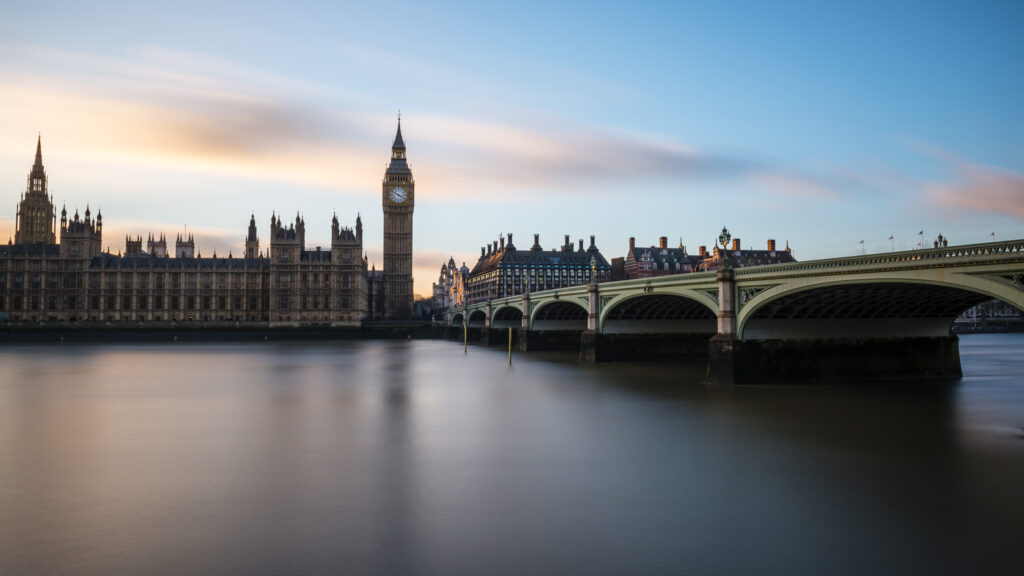A new government fund is to help pay for connection costs to enable the installation of high-powered charging (HPC) at motorway sites across England.
The Rapid Charging Fund – which was first announced in the 2020 Budget – will be available to fund a portion of costs at strategic sites where upgrading connections to meet future demand for HPC is “prohibitively expensive and uncommercial”, supporting several governmental ambitions.
One such ambition is that by 2023, six HPC points between 150kW and 350kW will be available at motorway service areas in England, with some larger sites having up to 10-12 chargers.
Secondly, by 2030 this network is expected to be “extensive”, with the government planning for there to be 2,500 HPC points across England’s motorways and major A roads. This increases to 6,000 by 2035, the date the government is consulting on to ban sales of new petrol and diesel vehicles.
Timing and delivery of the funding is to be confirmed in due course, the government said. No details as to how much funding will be available has been disclosed.
It listed expectations it had for new chargepoints to make them easy to use and hassle-free, including that they are able to take credit and debit card payments and will be available 99% of the time.
Other expectations include:
- Information about the charge points on motorways will be openly available, helping drivers choose when, where and how they charge.
- Drivers will be supported by 24/7 customer care to handle any technical issues
- Sites will have charge points that support all types of electric vehicles
- There will be clear pricing information available in pence per kilowatt hour.
In setting up the fund, the government is looking to ensure there is a rapid charging network ready to meet long-term consumer demand.
It undertook “detailed analysis” to assess the number of chargepoints required to meet future en route charging needs along motorways and major A roads, finding that currently a driver is never over 25 miles away from a rapid charger along the motorways and major A roads. There are a total of 809 open-access rapid chargers as of 1 January 2020, it said.
This excludes Tesla Superchargers, as the government is classifying open access as not-for-proprietary-use for specific makes of vehicles. Including the Superchargers, there are 792 rapid and 311 ultra-rapid devices along the strategic road network.
The government is also funding electric vehicle charging through the Charging Infrastructure Investment Fund, pledging to match £200,000 of private investment.
So far, the fund has raised £75,000 of private investment which has been matched by the government, bringing its current total to £150,000.
It is confident it will raise the remaining amount in a third closure slated for later in 2020.





